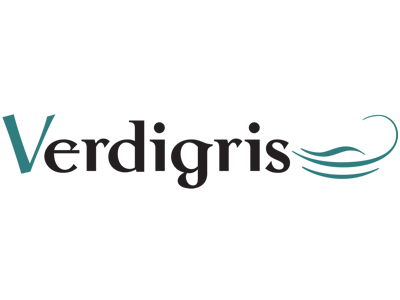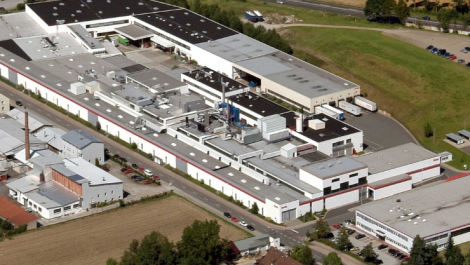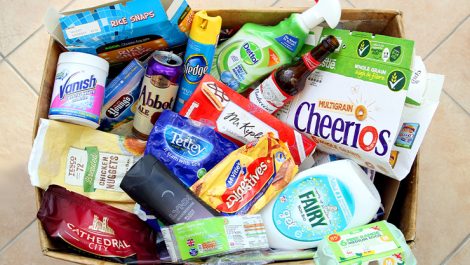A new cooperative for green printing has been set up for sheet fed offset printing companies. The Print the Change cooperative wants to attract organisations keen to turn themselves into more environmentally friendly outfits.
At first glance, and in the current eco-aware climate, this looks like a brilliant idea, because anything that raises awareness of sustainability for the industry is a positive. Print the Change membership gives printers the chance to offer “pollutant-free, recyclable printed products immediately with no protracted research and development effort”.
The cooperative was set up by three European printing companies so that members will be able to offer print buyers total and certified cradle to cradle printing in support of the circular economy. Ambition the cooperative lacks not. Print the Change’s founders claim that membership offers “a tremendous competitive advantage in times of the emerging sustainability boom”. The founders of the cooperative are Ernst Gugler, CEO of the Gugler Printing Company in Austria, Kasper Larsen, CEO of KLS PurePrint in Denmark, and Markus und Renato Vögeli, CEOs of Vögeli AG, Switzerland. All of these companies use the 100% biodegradeable substrates, inks, coatings and other consumables KLS Pureprint has been developing since 2012. These materials are 100% biodegradeable through composting or in landfill, because they contain no heavy metals or chemicals. On this basis the Print for Change group considers that this supports the circular economy. To join Print for Change members pay a one-off cost “for the material and communication kits” and including the annual membership fee.
This is a completely disruptive approach to improving print’s environmental footprint, because essentially the KLS Pureprint products bypass conventional recycling processes. That they biodegrade readily is part of the foundation of the cooperative’s Cradle to Cradle certification. However it could be argued that they may not really be so great for the planet after all. Bypassing recycling, which enables the creation of new raw materials from old prints, could drive greater uptake of virgin materials. This is not necessarily very circular.
An organisation called the Cradle to Cradle Products Innovation Institute (CCPI) based in California issues the certification for printers who use these materials and can demonstrate other competencies. Following a positive assessment of the premises, CCPI considers certification based on water usage, renewable energy and social fairness. The criteria used to determine social fairness are unclear.
Aside from certification concerns and how to decide what’s fair or not, the idea of this cooperative is sound in terms of its commitment to encouraging more sustainable printing. There should be more such initiatives pushing printers towards environmentally friendly business models. But a cooperative based on the use of materials developed and supplied by one of the founder members, might not be the answer to the question of improving print’s environmental footprint across the industry.
– Laurel Brunner
This article was produced by the Verdigris Project, an industry initiative intended to raise awareness of print’s positive environmental impact. This weekly commentary helps printing companies keep up to date with environmental standards, and how environmentally friendly business management can help improve their bottom lines. Verdigris is supported by the following companies: Agfa Graphics, EFI, Fespa, HP, Kodak, Kornit, Ricoh, Spindrift, Splash PR, Unity Publishing and Xeikon.





